Nursing on the frontlines OF the
Climate Crisis:
Education for Action
DATE: October 1 - December 3, 2024 (Tuesdays)
TIME: Asynchronous viewing for Australian participants;
12:00 - 1:00 PM Eastern Time (US/Canada)
Introduction
Climate change is a health issue that affects morbidity, mortality, and society’s abilities to deliver healthcare and support healthy living. The effects of climate change are already harming human health around the world, and impacts will only intensify in the coming years. Heat waves and rainstorms are becoming more deadly, disease outbreaks last longer and are seen in new regions, wildfire smoke from tinder-dry forests reduces air quality, and food and water security are threatened by extreme weather. Moreover, climate change exacerbates the global epidemic of noncommunicable diseases (NCDs), with disrupted services following extreme weather events and declining food security leading to poor nutrition and associated health risks. Shifting to sustainable practices, such as plant-based diets and alternative transportation, can offer significant co-benefits to both health and the environment.
There is an imperative for quick action on many fronts: to recognize and respond to climate-health threats; prevent climate change at its source by reducing heat-trapping greenhouse gas emissions; support “greener” systems throughout the economy, including healthcare; understand the health co-benefits of adaptation and mitigation; and communicate effectively about these issues to safeguard human health.
To meet these challenges, current and future nursing professionals globally must understand the dynamics governing the interactions of climate and health, the level of scientific understanding of those interactions, and potential adaptation, mitigation, and resilience-building solutions, while carrying a respect for the processes and issues not yet fully understood. Furthermore, the nursing profession needs to be able to apply these principles to individual and population level health needs to devise individual and locally meaningful public health solutions. Education is key in the effort to increase knowledge and skills among nursing professionals, clinicians, public health practitioners, emergency responders, educators, healthcare leaders, and policy makers in order to build capacity and so they may continue to serve as trusted voices within their professions and institutions.
Program Description
Nursing on the Frontlines of the Climate Crisis Course: Education for Action was developed through a partnership between the Global Consortium on Climate and Health Education (GCCHE); the Global Nurses Working Group (GNWG)/Nursing Climate Resources for Health Education (N-CRHE); the Alliance of Nurses for Healthy Environments (AHNE), the Canadian Association of Nurses for the Environment (CANE), and Climate Action Nurses (CAN) will address this critical needs.
What you’ll get
-
1.
Increase nursing professionals’ knowledge, self-efficacy, and communication skills related to the climate crisis to: 1) improve patient care and public health practice and 2) serve as trusted messengers within their institutions, communities, and fields of practice.
-
2.
Equip interested nursing professionals with the knowledge and skills needed to disseminate education so that health effects of climate change and emergency preparedness can be incorporated more easily into pre- and post-licensure nursing education across the globe.
-
3.
Build and strengthen an agile and informed nursing community around climate and health education, advocacy, and policy for health professionals with strong mentorship and expert support.
TO FIND OUT MORE INFORMATION
Head to the official course website for more information and how to register.


